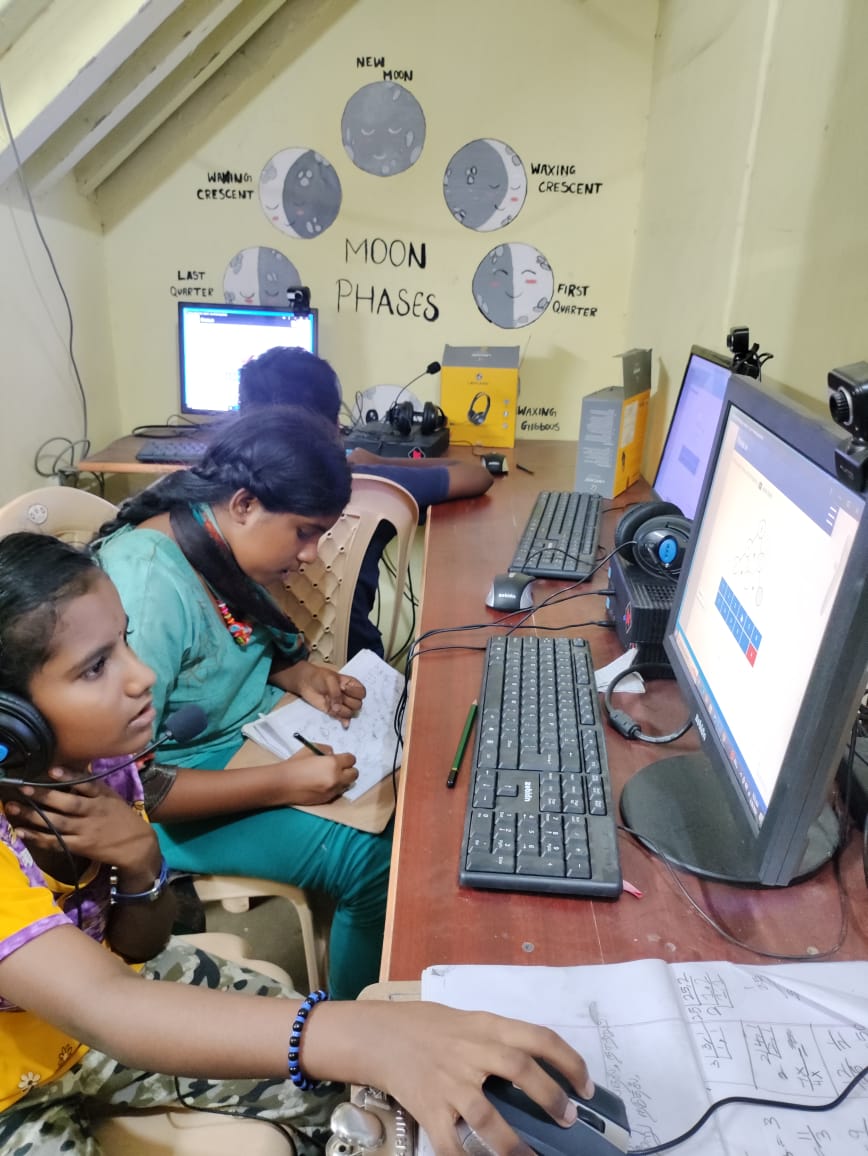Apnipathshala
Hands-On Learning: The Power of Experiential Education

Experiential education involves immersive experiences that allow individuals to directly engage with the subject matter. Rather than passively absorbing information, students participate in activities that require active problem-solving and decision-making.
Let's Start
In the realm of education, experiential learning has emerged as a transformative approach that goes beyond textbooks and classrooms. It emphasizes hands-on experiences and active engagement, allowing students to learn by doing. This blog explores the significance of experiential education and how it fosters deeper understanding, skill development, and personal growth among learners.Experiential education encourages students to immerse themselves in real-world situations, applying theoretical knowledge to practical scenarios. This hands-on approach enables learners to grasp concepts more effectively as they directly experience the subject matter. Whether it's conducting experiments in a science lab, practicing problem-solving in a simulated environment, or engaging in community projects, experiential learning makes education relevant and meaningful.
One of the key benefits of experiential education is its ability to enhance critical thinking and problem-solving skills. By actively engaging in tasks and challenges, students learn to analyze situations, make decisions, and adapt strategies based on outcomes. This process empowers learners to become proactive problem solvers, equipped with practical skills that are essential for success in academic and professional endeavors.Moreover, experiential learning promotes collaboration and interpersonal skills by encouraging teamwork and communication. Working together on projects or activities fosters cooperation, empathy, and mutual respect among students. They learn to appreciate diverse perspectives, negotiate differences, and leverage collective strengths to achieve common goals. These interpersonal skills are crucial for building effective relationships and thriving in a collaborative environment.
Hands-on learning plays a vital role in developing practical skills and fostering a deeper understanding of concepts. It enables students to apply theoretical knowledge in real-world contexts, preparing them for future challenges.
Benefits of Experiential Education
Improved Retention and Understanding
Research shows that experiential learning leads to higher retention rates compared to traditional teaching methods. By actively participating in activities, students remember information better and can apply it more effectively.
Development of Critical Thinking Skills
Experiential education promotes critical thinking by encouraging students to analyze situations, make decisions, and reflect on outcomes. These skills are crucial for problem-solving and decision-making in various aspects of life.
Fostering Creativity and Innovation
Engaging in hands-on experiences sparks creativity and innovation. By exploring different perspectives and experimenting with solutions, students develop a mindset that values creativity and embraces change.
Implementing Experiential Education
Designing Engaging Experiences
To implement experiential education successfully, educators must design engaging activities that align with learning objectives. By incorporating elements like group collaboration and real-world challenges, they can create meaningful experiences for students.
Providing Opportunities for Reflection
Reflection is a key component of experiential learning. By encouraging students to reflect on their experiences, educators help them gain insights, identify strengths and areas for improvement, and connect learning to personal growth.
Integrating Real-World Applications
Experiential education bridges the gap between theory and practice by integrating real-world applications into the curriculum. By connecting learning to authentic experiences, students develop a deeper appreciation for the relevance of their education.
Frequently Asked Question
Experiential education differs from traditional teaching methods by focusing on hands-on learning experiences rather than passive instruction. It emphasizes active participation, real-world applications, and practical problem-solving. Instead of just listening or reading, students actively engage in activities that deepen their understanding and skills.
- Outdoor education programs that involve wilderness expeditions and environmental studies.
- Internship or co-op programs where students gain work experience in their field of study.
- Project-based learning initiatives that require students to solve real-world problems through research and collaboration.
- Service-learning programs that integrate community service with academic learning, fostering civic engagement and social responsibility.
- Designing hands-on activities that align with learning objectives and course content.
- Providing opportunities for students to apply theoretical knowledge in practical settings.
- Encouraging reflection and discussion to deepen understanding and connect experiences to concepts.
- Offering choices and autonomy in learning tasks to promote engagement and ownership.
- Leveraging technology and resources to create immersive learning experiences inside and outside the classroom.

